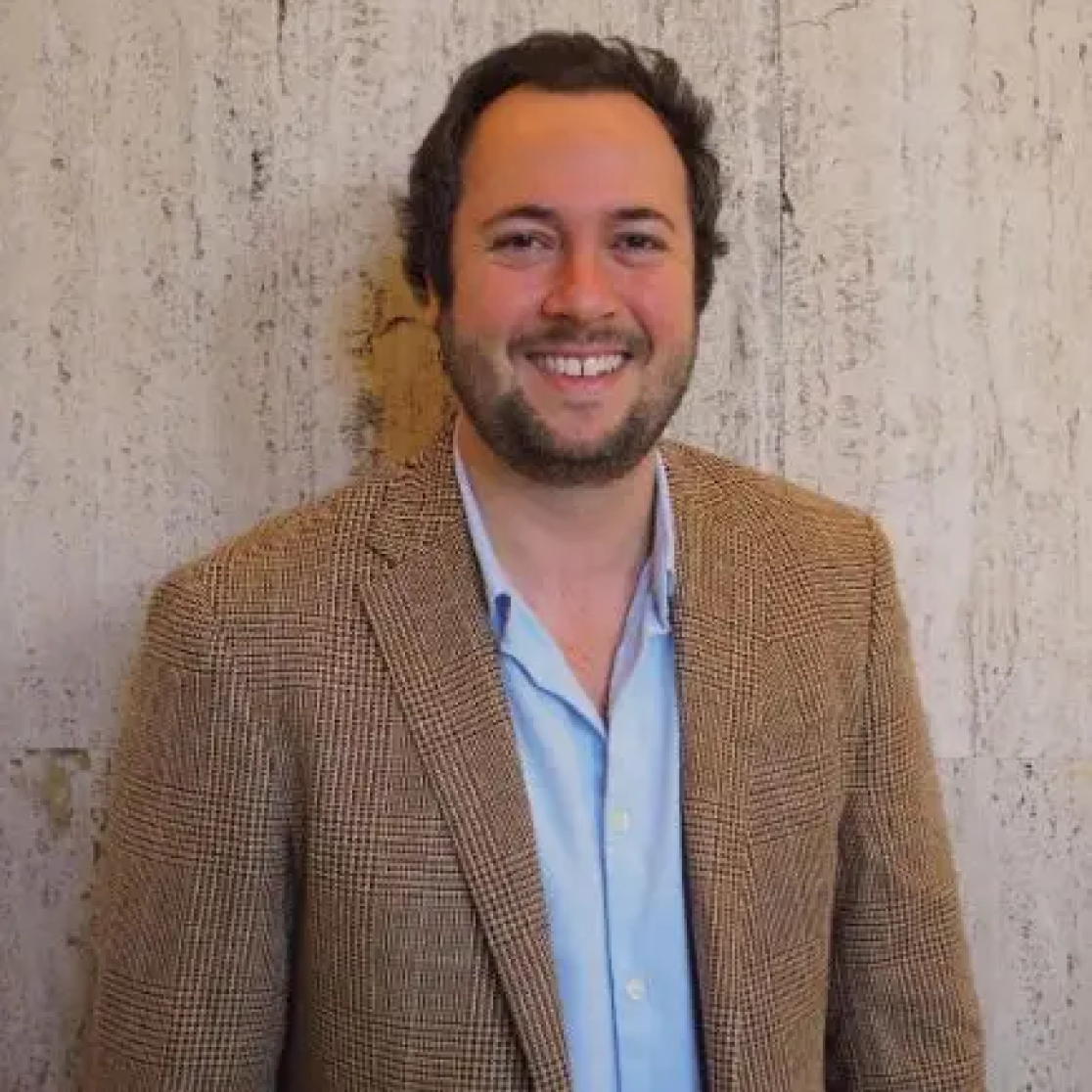Pick Our Brains
André Nunes Chaib - Title: Ontological Conflicts and the Law: Pragmatic Truth and the Reconciliation of Indigenous Knowledge with Science in International Courts
The Pick our Brains sessions of the Maastricht Centre for Human Rights are for both PhD students and more senior members of our Centre and members of other research centres and universities. These sessions are intended as a mode of intellectual stimulation and exchange, or to potentially promote collaborations within/outside the Centre. The sessions are also designed as an opportunity to get feedback on ongoing/upcoming research, showcase recent research and events at which you presented, as well as to enable an exchange of scholarly ideas. Each session contains a short presentation and a lively debate. A small lunch is provided as well.
These sessions will take place physically and online. The Teams link for the online sessions will be distributed later.
On 2 October our speaker is André Nunes Chaib (Assistant Professor in Globalization and Law, Maastricht University). The title of the presentation is Ontological Conflicts and the Law: Pragmatic Truth and the Reconciliation of Indigenous Knowledge with Science in International Courts.
André Nunes Chaib
Assistant Professor in Globalization and Law, Maastricht University

This is the abstract:
This article examines how courts grapple with the growing challenge of adjudicating disputes that involve ontological conflicts between Indigenous knowledge systems and Western legal-scientific frameworks. Conventional approaches to truth in law—whether adversarial or inquisitorial—tend to privilege correspondence-based or procedural notions of truth rooted in Western rationalist traditions. Such frameworks often marginalize Indigenous understandings of the world, in which rivers may be living ancestors, forests sentient communities, or mountains ancestral beings. This article argues that these encounters reveal not simply epistemological differences but deeper ontological pluralism.
To address this challenge, the article introduces the concept of pragmatic truth, as developed by Mauro Almeida and grounded in Peircean pragmatism, as a promising procedural principle for courts. Pragmatic truth shifts the focus from correspondence with an objective reality toward the practical consequences of interaction between knowledge systems, enabling partial commensurability without ontological reduction. By emphasizing convergence through practice, it creates space for Indigenous ontologies to be engaged on their own terms without requiring courts or judges to fully adopt them.
Drawing on jurisprudence from the Inter-American Court of Human Rights, Canadian Supreme Court cases on Aboriginal title, the Norwegian Supreme Court’s Fosen decision, and innovative rulings in Latin America, the article demonstrates how elements of pragmatic truth are already emerging in judicial practice. These examples reveal how courts may move toward structured dialogue across ontological differences, foregrounding practical outcomes such as environmental protection and cultural survival.
Ultimately, the article proposes pragmatic truth as a procedural bridge capable of reshaping legal pluralism and decolonizing adjudication. Rather than eliminating ontological pluralism, it seeks to create equitable legal frameworks that allow diverse ways of knowing and being to coexist productively in transnational environmental governance.
Also read
-
Roundtable 'Novel and Recurrent Challenges in Ownership'
The roundtable will engage in academic discussion on some of the pressing challenges that property law faces in the XXI century. Speakers will address, amongst others, issues related to sustainability, the social function, temporality in property law, and digitalisation.
12 Nov -
Pick Our Brains - with Andres Caceres Solari
On 13 November, our speaker is Andrés Caceres Solari (Maastricht University) - Title: No room for human rights in Gaza and Ukraine, how the law legitimizes urban devastation
13 Nov -
Graduation Ceremonies Masters
We are proud to hand the diploma's to our graduates on this festive day.
The graduates will receive an invitation from Law Events Office to register.28 Nov26 Jun